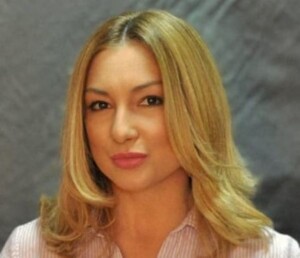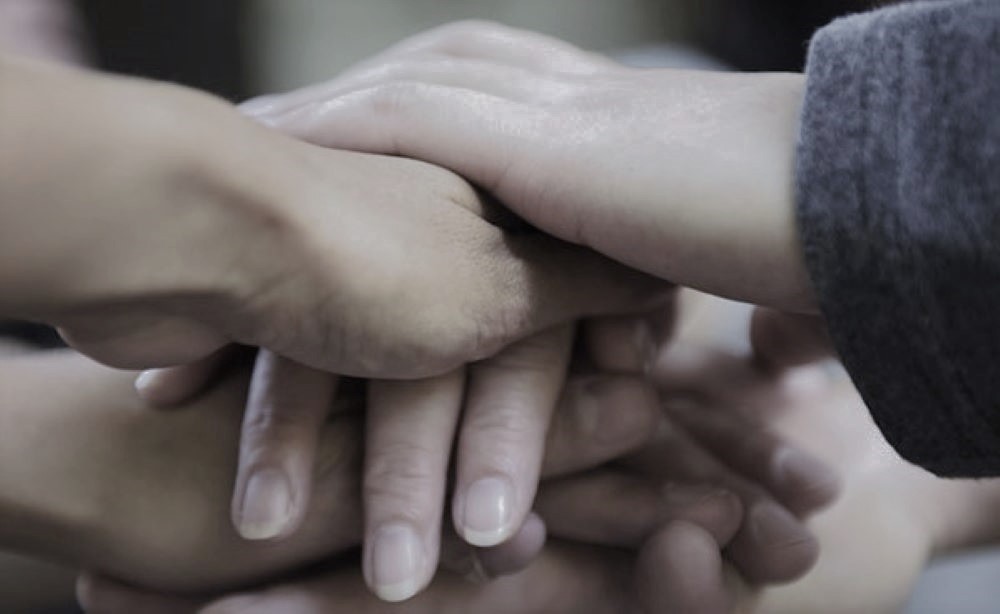The Covid year has also been a year of volunteering, individual and group relief actions, which show potential for democratic empowerment and social inclusion in Kosovo.

Anamari Repic
It all started with the first lock-downs, when our neighbours, the elderly, the sick, stood at their windows, waiting in silence. Neighbours came to help, buy groceries, medicine. On the other hand, seamstresses came to the rescue, making protective masks. Then, dozens of inspiring volunteering initiatives in Kosovo continued this practice.
The elderly, those isolating after having been infected, pregnant women, remote and vulnerable communities, were in need of help. Solidarity began in neighbourhoods, at work, on the streets. All around us. Volunteers waited, carried, visited, helped individually or through organised actions, both in the countryside and in the cities.
We saw volunteer actions across all communities in Kosovo. Delivery of food and various necessities was organised by the Red Cross at the beginning of the pandemic, when a large number of citizens volunteered to help. During the lock-down, medical students in Prishtina came to the doctors’ rescue and visited isolating citizens.
A professor at the University of Prishtina initiated the production of protective masks using 3D printers for medical workers. The Gracanica Innovation Center made visors for medical workers, while members of youth organisations from Serbian communities visited senior citizens, providing them with assistance. Near Prizren, Bosniak youth assisted in the delivery of supplies and other aid. In Gnjilan / Gjilan volunteers cleaned the hospital gardens, while in Prishtina psychologists provided mental health assistance via a call center.
The corona crisis has once again proven that the modern individual, though often judged for his egoism and lack of empathy, is more than willing to show compassion and the desire to help when presented with an organised volunteer action – all with the aim to contribute to the common good.
We have seen that this is not primarily a youth activity – we can all be volunteers. People have shown that they can organise themselves faster via the Internet than they ever were before, they can offer their strength, but also their knowledge and expertise. Although there has been increased interest in volunteering, it is still a fairly small number of citizens.
In addition to a sense of social responsibility, volunteering helps us acquire the necessary experiences and skills, both for work and life more generally. The past year should serve as motivation to continue volunteering daily in some other areas – protection of cultural heritage, helping children with special needs, volunteering in libraries, etc.
Volunteering is particularly important in multi-ethnic communities like Kosovo. Helping others knows no barriers, and it can lead to cooperation. It has the potential to strengthen a culture of solidarity and interaction in a society in which inter-ethnic relations remain fragile. An improved policy on volunteering in Kosovo can increase the participation of citizens from different backgrounds and ethnic communities, contributing to the overall public interest.
Volunteering helps us feel and understand that by helping others we are helping ourselves, because those who help and those who are in need of help are not alone. The thread connecting the individual and the community becomes part of an ever-expanding network of solidarity.
Anamari Repic, journalist, expert in media and communications; journalism, media literacy, and media ethics coach.



Leave A Comment